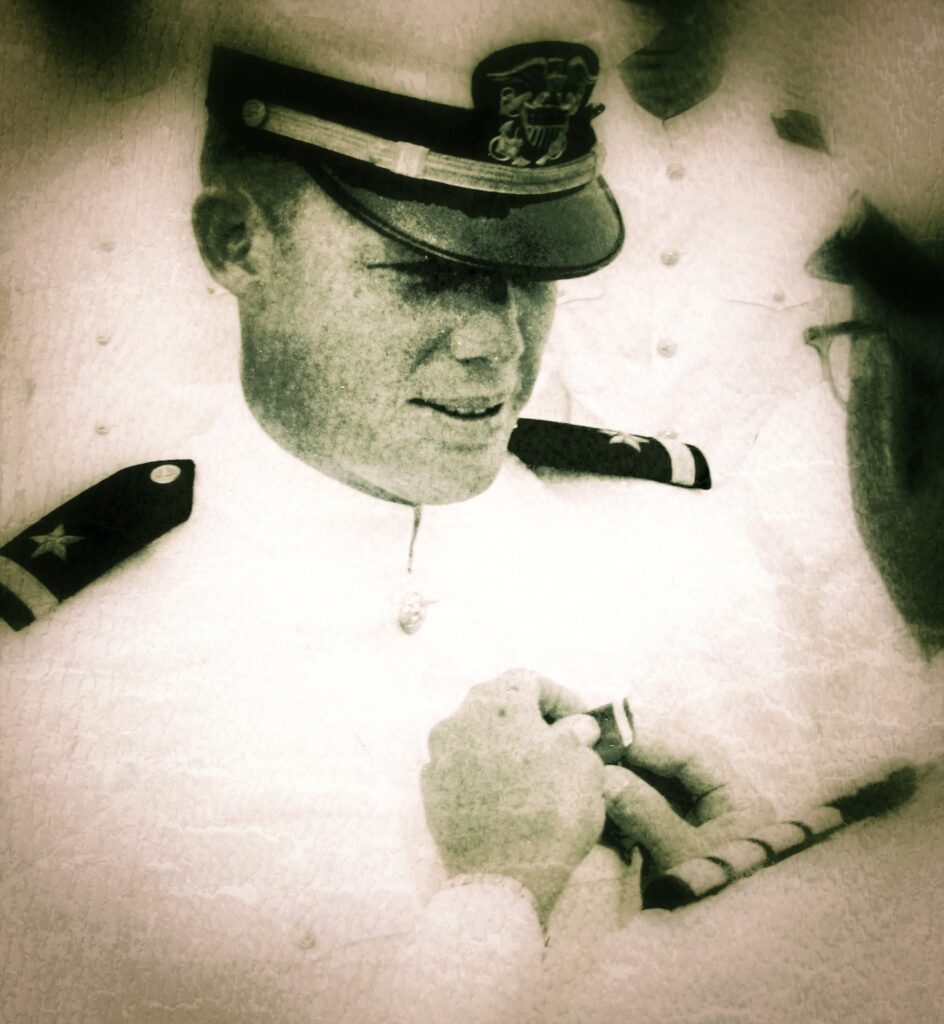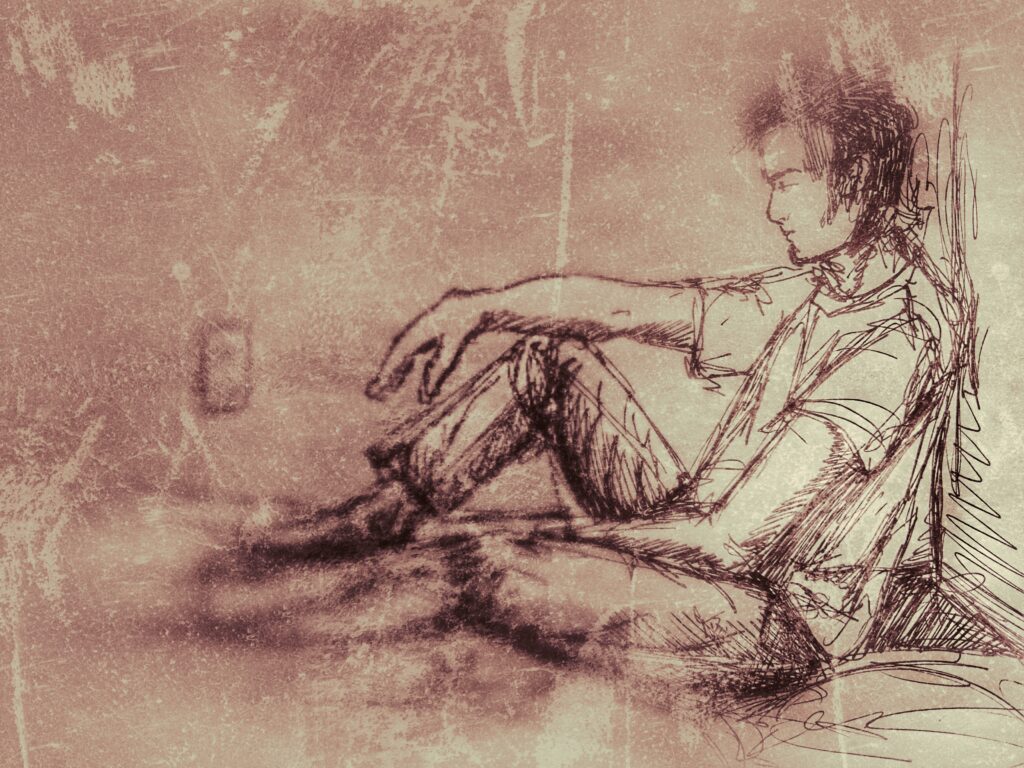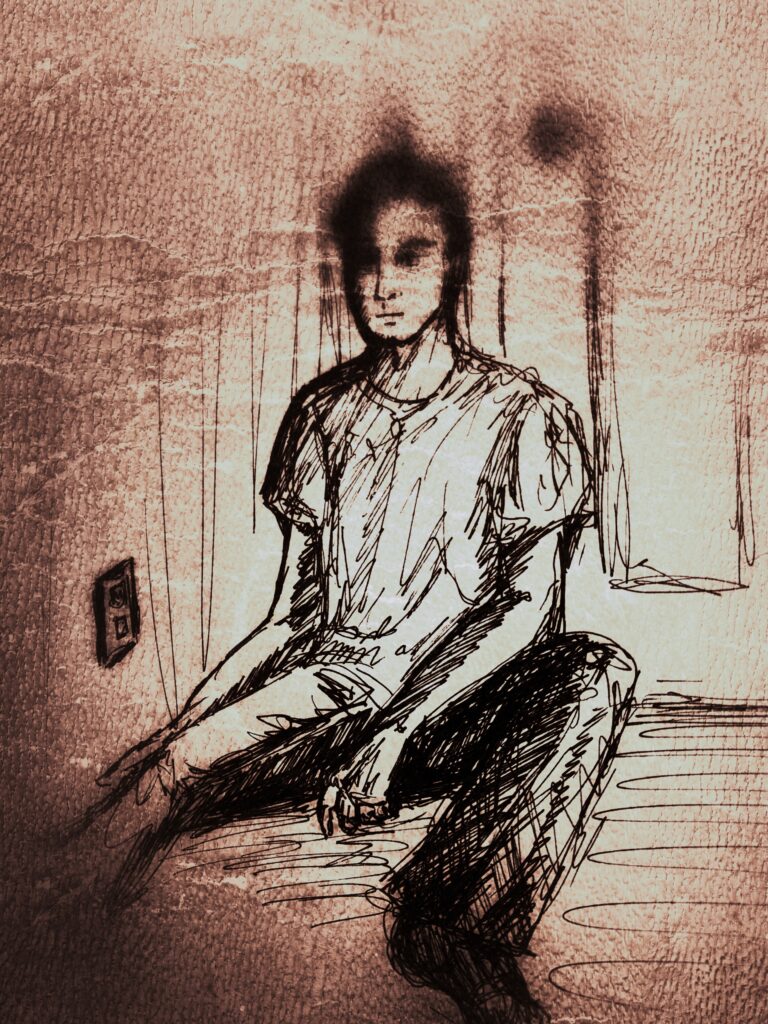Don’t wait 30 years to tend the internal wounds of war…
Quynn Elizabeth, daughter of a two-time Viet Nam combat veteran, writes to veterans of any war, as well as those that love and care for them. Accepting the Ashes shares one family’s story in the hopes that other veteran families might not have to wait 30 years before they heal their emotional wounds caused by the trauma that can be caused by war.
“Often I experienced constant shelling from mortars, artillery and sniper fire. The screaming of the wounded and terrified, the sickly sweet smell of morphine and the sight of a base watch dog bringing a human femur to the medical bunker as a retriever dog would do, will be with me forever.” Quote in “Accepting the Ashes” from Quynn’s father’s VA PTSD assessment questionnaire- 30 years after his experience in the war in Viet Nam.
An excerpt from “Accepting the Ashes”:
My father died suddenly and unexpectedly in 2004, and as I went through the boxes of papers of his life, I realized that he had a story to be told, and since he was not able to tell it, I decided I needed to.
I am a combat veteran’s daughter, and this story is about a veterans experiences, mostly after combat. My fathers story is of interest now because we as a people are once again ending a 20 year war, and like in wars of the past, combat veterans are now having experiences similar to those of my fathers and I feel I need to give voice to what came of it, Post Traumatic Stress, as well as where PTSD took him and my family. I am not a psychiatrist. I am a daughter with experience watching a man with a quiet, broken heart, and I am a woman who has the perspective of one who had the opportunity to look into the deepest recesses of her fathers heart and mind, and there are some things that need to be said.
“Accepting the Ashes” expands on the following ideas to give guidance to those in pain right now.
- It is safe to assume that anyone who has experienced combat has PTSD to some degree, whether they will admit it or not.
- Partners and loved ones (especially women) cannot expect discussion about painful past experiences.
- Many times, suffering people cannot express their pain and won’t seek help, especially men.
- When a soldier does not come home from battle, their children are most at risk.
- Changing marriage partners or using medication won’t erase grief.
- How the veteran views their military contribution to society, as well as the cultural recognition of their contribution, affects how severe their PTSD may be and how they deal with it.
- If you find your loved one wearing their uniform in “inappropriate” places, assume that they might not be at peace with their war experience.
- Many will try to mask or numb pain.
- When the vet does express a desire for physical or emotional help – HELP!
- As soon as possible ask the returned vet “Are you resolved with what happened?”
I’ve also offered some guidance points as you move along the path of healing –
- There is a place for everyone.
- Change can happen.
- You have to say ‘yes’ to something, not just ‘no’ to something, to change behavior.
- War changes people. Period.
- You have to demand the right to heal
Trigger warning: Subjects of Trauma, Addiction, Attempted Suicide, Death discussed
Accepting the Ashes — A Daughter’s Look at Post Traumatic Stress Disorder
© 2021 Quynn Elizabeth Second Edition (First Printing 2004)
All Rights Reserved
Illustrated by: E. Gentry and Quynn Elizabeth
Cover design by Quynn Elizabeth
ISBN 978-1-7378133-0-9


